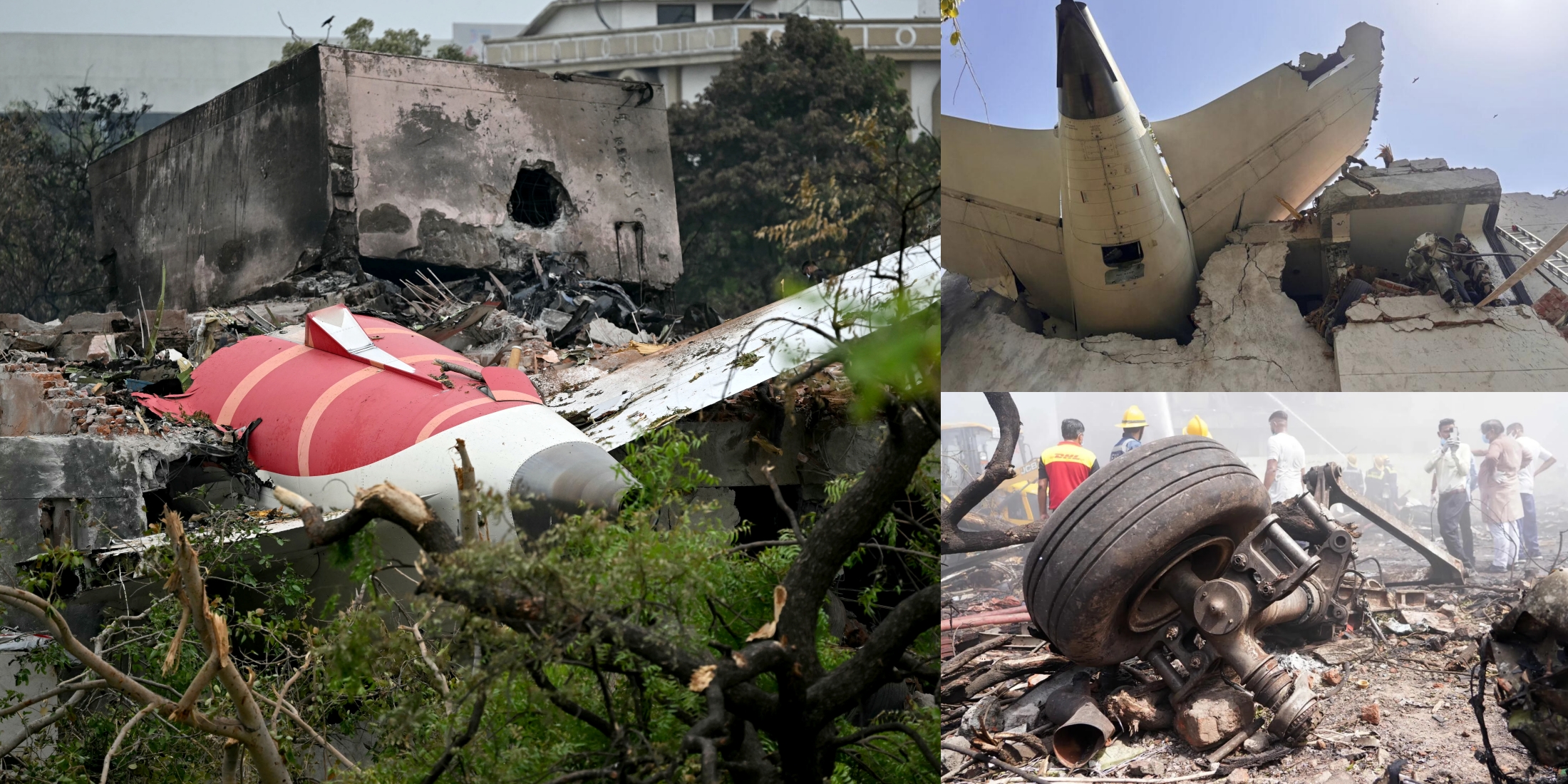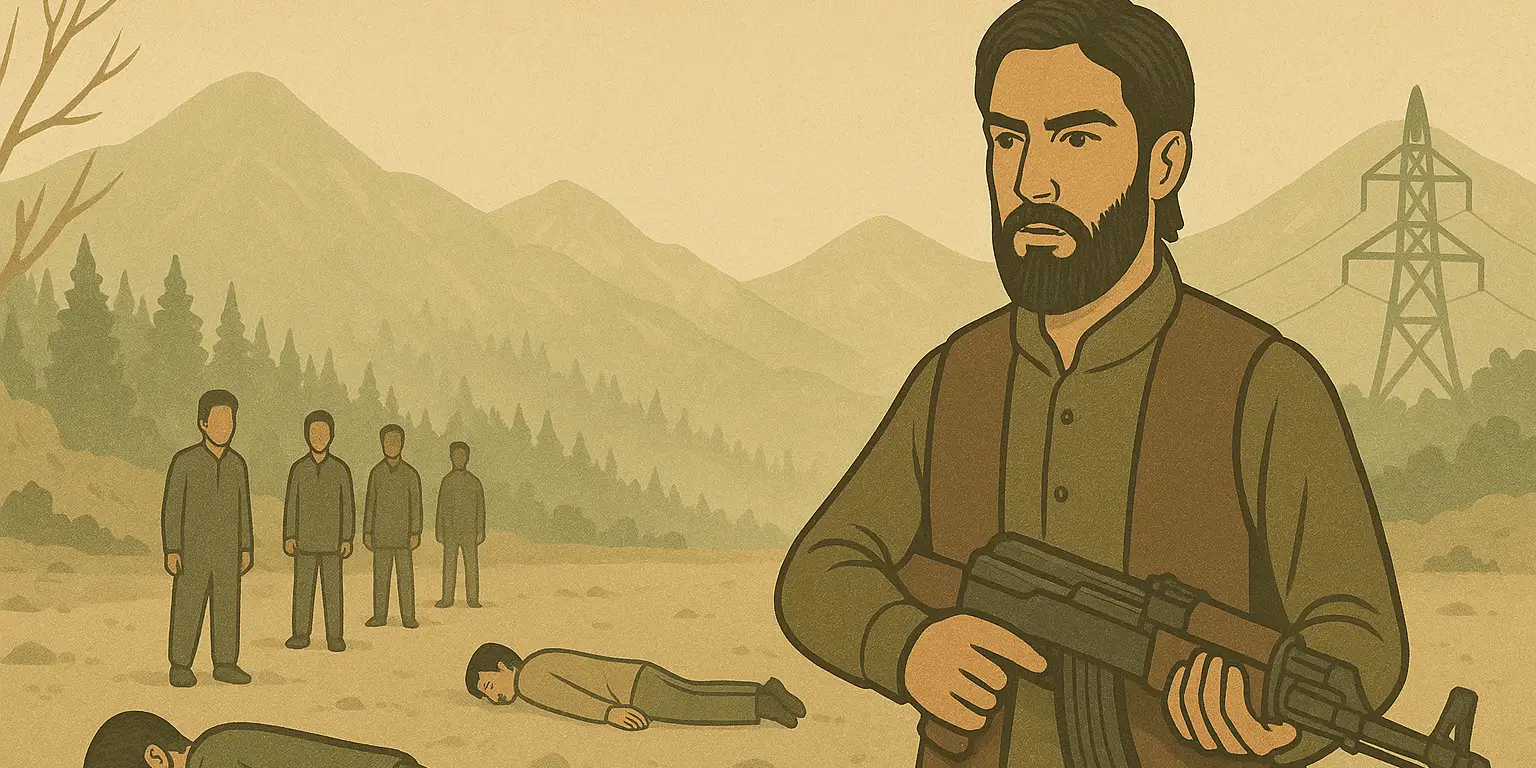President Donald Trump’s executive order on suspending US government-funded projects is starting to affect Bangladesh, like many other developing nations. The order has already halted several ongoing projects that relied on US funding. In our country, numerous people in these projects lost their jobs, with some organizations reportedly ordering employees to work from home.
January 20, 2025, was Donald Trump’s first day in office as the 47th president of the USA. He started his second tenure by signing hundreds of executive orders, one of which was to halt all US foreign aid programs for 90 days. He issued this suspension order to re-evaluate existing policies and projects worldwide, only excluding Israel and Egypt.
According to his order, “It is the policy of the United States that no further United States foreign assistance shall be disbursed in a manner that is not fully aligned with the foreign policy of the President of the United States.”
In 2023, the US was the largest contributor of humanitarian assistance, providing $68 billion worldwide, states federal sites. According to US foreign assistance, Bangladesh received more than $2.29 billion in aid from fiscal year 2020 to 2024. As one of the recipients of US foreign aid, Bangladesh has long relied on these funds to support critical development programs. Before Trump’s order, over 100 US-funded projects worth millions were on track for implementation. However, following the suspension of assistance programs, Bangladesh is facing a severe funding shortage. Development projects related to healthcare, education, food and agriculture, climate, etc. are currently on hold.
On the bright side, food and nutrition funding for the Rohingya refugees will continue. The press wing of Chief Advisor Prof Muhammad Yunus confirmed the continuity of Rohingya aid support, referring to USAID. This means USAID’s commitment to provide $121 million in the Rohingya relief fund remains intact.
Although Rohingya aid assistance has not been shut down, the suspension of other development projects might turn into a widespread financial crisis. Now, what impact will the US foreign aid suspension have on Bangladesh? Who will be affected?
The organizations that are solely dependent on US funding have to close their operations, leaving thousands of workers jobless. Meanwhile, on the 2nd of February, the official website of the US Agency for International Aid (USAID) also disappeared. This caused further concern among project workers and staff regarding their future.
One of the hardest hits by recent US policies is the International Centre for Diarrhoeal Disease Research, Bangladesh (icddr,b). As per the US directive, icddr,b has already issued termination letters to over 1000 employees, the majority of them working on US-funded projects. The highest number of terminations happened in the Tuberculosis program under the Infectious Diseases Department.
Senior manager of the organization, AKM Tariful Islam Khan stated, “Following the US government’s directive, we have suspended all projects and research activities funded by them until further notice.” Over 20% of icddr,b’s annual budget came from USAID. Without any financial backing from the US, it’s difficult to bear the costly life-saving treatments for dangerous diseases.
An anonymous official expressed his concern about two projects they’re part of that have been suspended for the time being. They have been asked to home office with no significant work, “We don’t know if we will still have jobs after the 90-day period.”
At the same time, the world’s largest agency, BRAC, had to suspend six of its major USAID-funded projects in Bangladesh. The projects particularly focused on education, food and agriculture, and child rights. Due to the halt in these projects, at least 3.5 million people will be deprived of humanitarian assistance. BRAC’s Executive Director Asif Saleh addressed the projects as crucial for the development of vulnerable communities. He stressed that if the projects are permanently closed after the review, it will be a big blow to smaller NGOs.
The Trump administration also discontinued funding for the Asian University for Women’s (AUW) Afghan students support program. Currently, over 500 Afghan students, undertaking higher studies in our country are facing trouble.
The US foreign aid suspension comes at a time when our country is already grappling with rising foreign debt burdens and an employment crisis. According to the data of the Bangladesh Bureau of Statistics (BBS), the unemployment rate reached 4.49% in September 2024, up from 4.07% from the previous year. Around 2.66 million people are still unemployed.
On top of that, this sudden and immediate termination of the US’s major funding source added another layer of financial pressure. Both the government and development agencies are facing difficulties in maintaining essential programs for millions of people. It’s important to mention that nearly 20,000 personnel work under US-aided projects in Bangladesh.
If the US government reinstated its funding after 90 days of reviewing, the impact on unemployment might be lessened to some extent. Instead, if the suspension period extends or foreign support gets halted permanently, Bangladesh has to seek alternative sources of financial support.
From a diplomatic point of view, Trump’s suspension order can potentially change Bangladesh’s foreign relations strategy. Historically, the country has maintained a balanced relationship with the US, China, and India. However, with US aid declining, Bangladesh may have to turn to China for financial assistance. China has already backed several infrastructural projects under the Belt and Road Initiative (BRI). If the US sticks to its order, China might take advantage to expand its influence on Bangladesh.
So the next 90 days will be crucial in determining the fate of US-led projects and diplomatic relations between the two countries.











One Response
Brilliantly articulated! This analysis captures the urgency of the situation and its far-reaching impact.